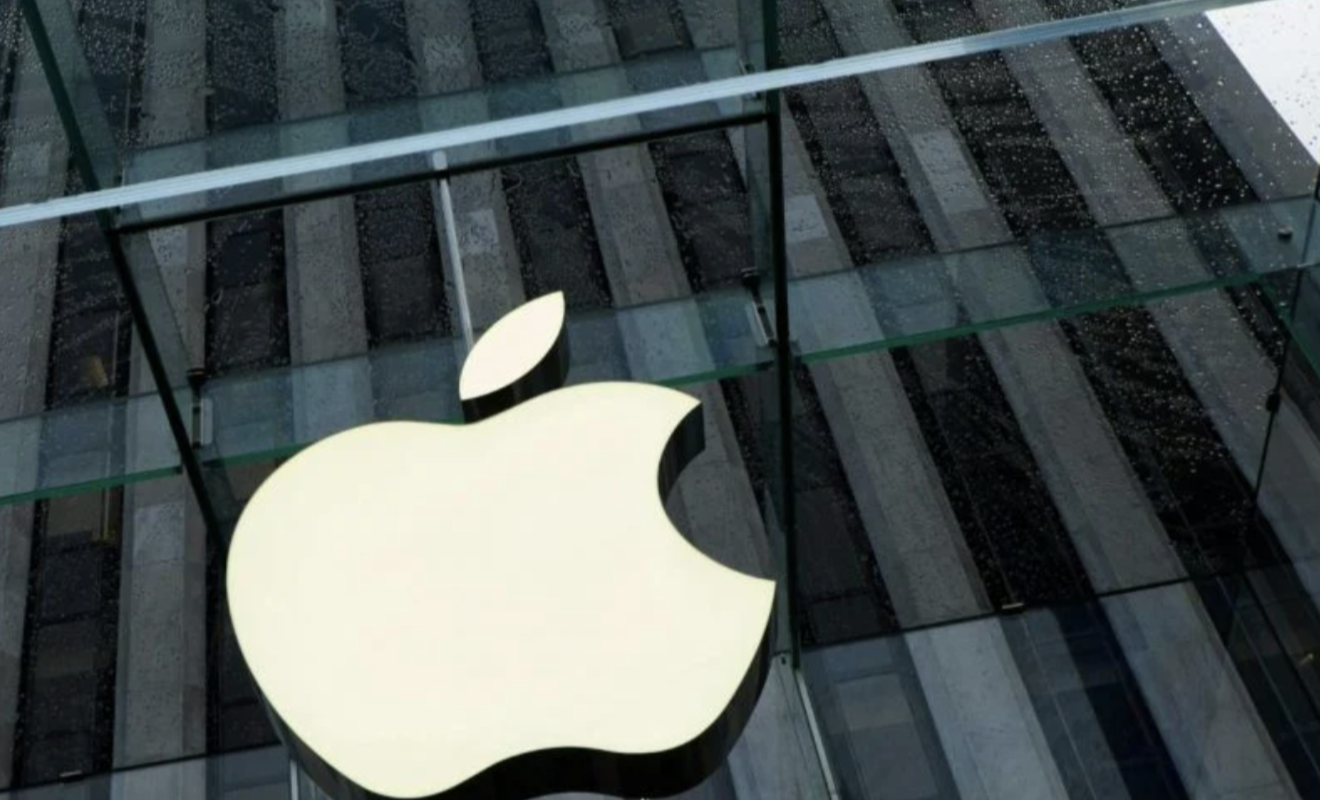The European Commission has won a landmark legal battle against Apple, affirming the tech giant’s obligation to pay €13 billion in back taxes. This decision by the Court of Justice overturned an earlier ruling by a lower court that had rejected the Commission’s claim that Apple’s tax agreements with Ireland constituted illegal state aid.
In its final judgment, the Court emphasized that “Ireland granted Apple unlawful aid which Ireland is required to recover.” The ruling marks a significant victory for European Commissioner Margrethe Vestager, who has been at the forefront of efforts to tackle what she describes as “aggressive tax planning,” particularly by large U.S.-based multinationals.
The case has its roots in investigations into how countries like Ireland and Luxembourg attract the European headquarters of multinational corporations by offering them favorable tax deals. These arrangements, according to the European Commission, amount to unfair state aid. The Apple case in particular revolved around the taxation of two of the company’s Irish subsidiaries, which handled intellectual property licenses for the company’s non-North American sales.
In 2020, the General Court had ruled in favor of Apple, deciding that the Commission had not proven that these subsidiaries had been given a “selective advantage” and that the tax benefits Apple received were not considered state aid. However, today’s ruling reverses that decision, siding with the Commission’s original argument that Apple’s tax treatment in Ireland was indeed an unfair benefit.
Apple has been embroiled in several disputes with the European Union beyond this tax case. Earlier in 2024, the company was fined €1.8 billion over its app store policies, and it now faces additional scrutiny from three separate investigations concerning its adherence to digital competition regulations.
Commenting on Apple’s conduct, Vestager has been vocal in her criticism. In June, she remarked that the company’s practices left “a sad aftertaste of illegal behavior.” She pointed to the Apple tax case as a stark example of how the tech giant pays “very, very little” in taxes in the countries where it generates significant profits.
Apple, however, has maintained a different stance on the matter. According to the company, the dispute centers not on the amount of taxes it pays, but on which jurisdiction should receive the tax revenue. In a statement following the ruling, Apple spokesman Julien Trosdorf reiterated that the company has always adhered to its tax obligations. “We always pay all the taxes we owe wherever we operate, and there has never been a special deal,” Trosdorf stated. He added that the European Commission’s attempts to retroactively alter the tax rules fail to account for the fact that Apple’s income was already taxed in the U.S., in accordance with international tax laws.
Trosdorf also emphasized Apple’s role as a major taxpayer globally, noting that the company is “one of the largest taxpayers in the world.”
The case, formally referred to as C-465/20 P Commission vs. Ireland and Others, now sets a precedent for how the European Commission can pursue similar tax cases against other corporations that have benefitted from favorable tax arrangements. This ruling may embolden Vestager and the Commission to continue scrutinizing tax practices of other multinationals, especially those with significant operations in Europe that have been subject to minimal taxation.
The case has also underscored the broader debate over tax competition within the European Union, as countries like Ireland have used low corporate tax rates to attract major companies. Critics argue that such practices harm other EU nations by allowing companies to shift profits to low-tax jurisdictions, while defenders maintain that these policies help boost local economies and create jobs.
Regardless of the broader implications, today’s ruling sends a clear message that the European Commission is committed to reining in what it sees as abusive tax arrangements, and companies like Apple will need to adjust their strategies to align with evolving EU tax regulations.

